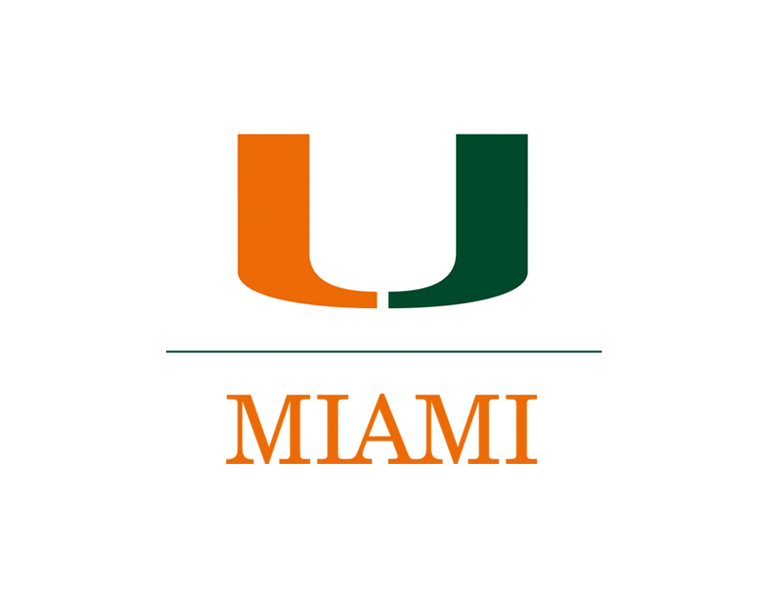What is LEED Certification?
LEED (Leadership in Energy and Environmental Design) is the most widely used green building rating system in the world. It provides a framework for healthy, highly efficient, and cost-saving green buildings. By incorporating sustainable practices into the design, construction, and operation of buildings, LEED certification can reduce environmental impact, lower operating costs, and improve occupant health and productivity.
How Tropic Mechanical Supports LEED Certification
We incorporate LEED principles into every phase of HVAC design and installation, from energy modeling to equipment selection and system commissioning.
- Energy-Efficient Design: Our HVAC designs prioritize energy conservation, using high-efficiency components and optimizing system performance to reduce energy consumption.
- Indoor Air Quality: Implementing advanced filtration and ventilation systems to improve indoor air quality, a key component of LEED certification.
- Renewable Energy Integration: We can integrate renewable energy sources such as solar and geothermal technologies to further enhance your building’s sustainability profile.
Benefits of LEED Certification
- Reduced Operating Costs: LEED-certified buildings use less energy and water, resulting in lower utility bills.
- Increased Property Value: Buildings with LEED certification often have higher market value and attract environmentally conscious tenants and buyers.
- Health and Wellness: Improved indoor air quality and access to natural light enhance occupant well-being and productivity.
LEED Credits and Tropic Mechanical’s HVAC Solutions
Tropic Mechanical’s HVAC solutions can contribute to multiple LEED credit categories, including:
- Energy and Atmosphere (EA): High-efficiency HVAC systems reduce energy use and improve overall system performance.
- Indoor Environmental Quality (IEQ): Advanced air filtration and ventilation systems ensure high indoor air quality, improving occupant comfort and health.
- Innovation in Design (ID): Our engineers use innovative HVAC technologies and approaches that exceed conventional performance standards.





